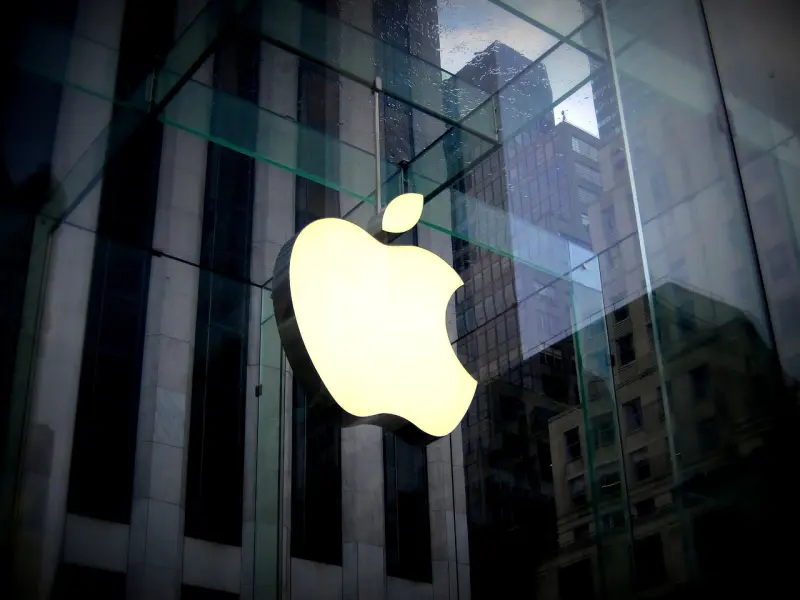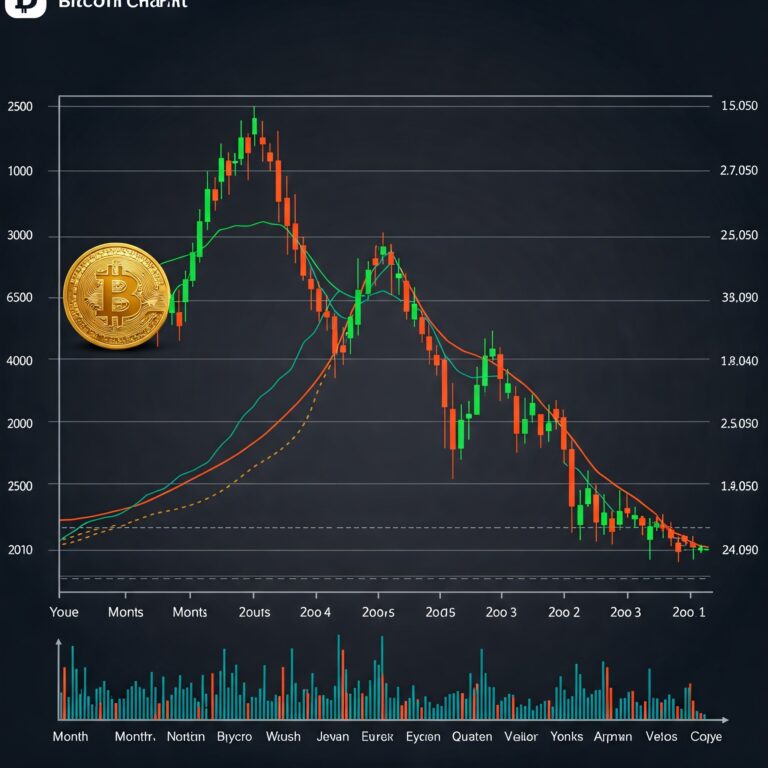
Apple Inc. (AAPL) is no stranger to the impact of tariffs, especially given its reliance on global manufacturing and its ties to China. The company’s stock is frequently in the spotlight when tariff issues arise, and recent discussions suggest that Apple could face significant financial consequences due to tariff policies. As we look into what experts, including Bank of America, are saying about the future of Apple amidst these changes, it’s clear that tariffs will continue to have ripple effects on the tech giant.
The Impact of U.S. Tariffs on Apple
In 2019, Bank of America Merrill Lynch estimated that the imposition of a 25% tariff on Chinese imports could reduce Apple’s earnings per share (EPS) by approximately $1. This analysis was based on the fact that Apple imports a significant amount of components from China. Around half of this EPS hit was expected to come from iPhone sales. The concern was that tariffs would raise manufacturing costs, leading to higher prices for consumers, potentially reducing demand for the iPhone. The reality is that for Apple, any tariff-related cost increase could significantly affect the company’s bottom line.
Current Market Developments
The current landscape has evolved, with new threats looming on the horizon. President Donald Trump proposed a steep 60% tariff on Chinese imports, which could spell further trouble for Apple, especially as it continues to rely on Chinese manufacturing for its devices. This development has led analysts to assess the potential consequences for Apple’s stock and financial health. Notably, Jefferies analyst Edison Lee has estimated that such tariffs could reduce Apple’s gross margin by anywhere between 3% and 6.7%. In addition, Lee pointed out that tariffs could raise the price of an iPhone by as much as $256 per unit. If these price hikes occur, they could put long-term pressure on Apple’s margins, especially as demand for locally produced goods continues to grow in emerging markets.
Mixed Reactions From Analysts
Despite the mounting concerns, some analysts are still optimistic about Apple’s ability to navigate through these tariff challenges. Dan Ives from Wedbush has voiced a more positive outlook, suggesting that Apple might once again avoid the brunt of the tariffs. According to Ives, Apple has a history of securing exemptions and could potentially strike deals to protect its margins in the face of proposed tariff hikes. While not all analysts share Ives’ optimism, his view reflects the belief that Apple’s influence and strategic positioning could offer a shield against the negative impacts of such trade policies.
Apple’s Stock Performance Amidst Tariff Concerns
As of February 3, 2025, Apple’s stock is trading at $226.37, reflecting a 4.08% decrease from the previous close. The intraday high was recorded at $231.99, with an intraday low of $225.73. This dip in stock price is partly due to concerns about tariff policies, and investors will need to watch closely as developments unfold.
Conclusion
The potential introduction of new tariffs on Chinese imports could present a significant challenge for Apple, with analysts predicting that such measures could lead to increased production costs, reduced demand, and pressure on margins. However, Apple’s strategic moves, the company’s ability to secure tariff exemptions, and the overall trade policy environment will play crucial roles in determining the actual impact on the company’s financial health and stock performance. As always, investors will need to stay informed and assess how these macroeconomic factors influence Apple’s future.




